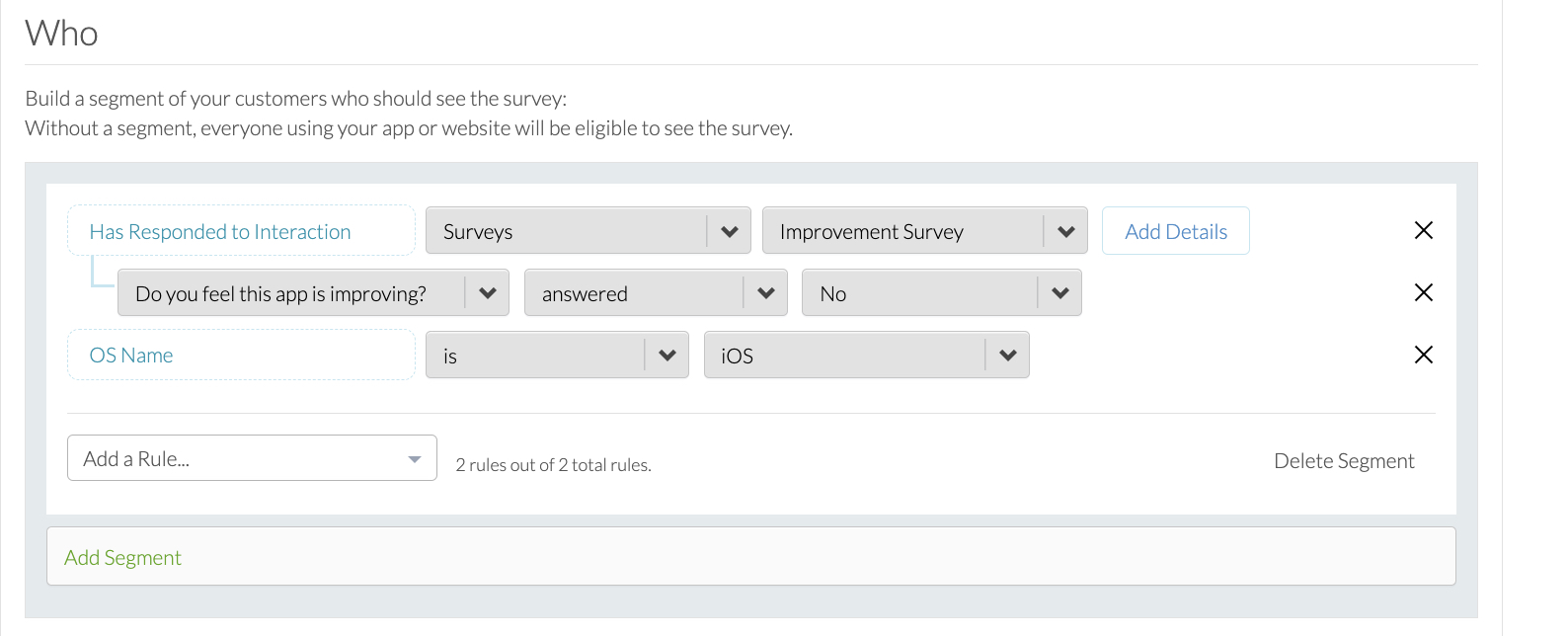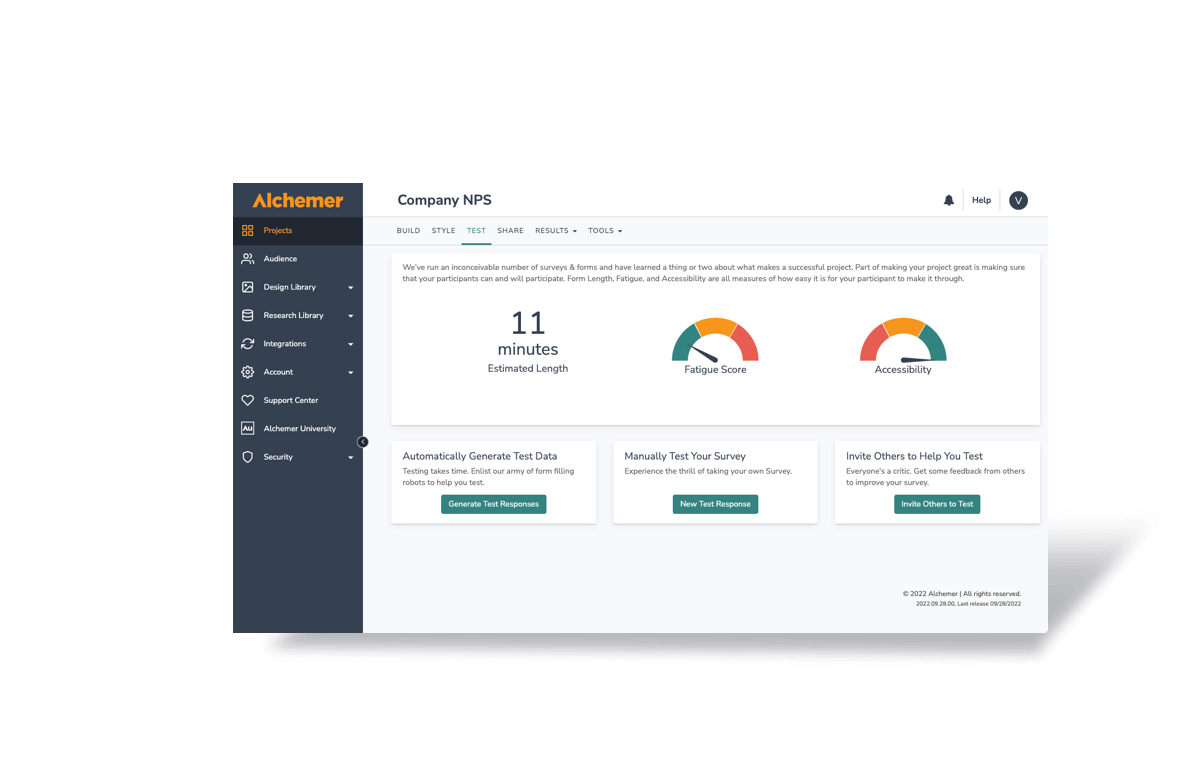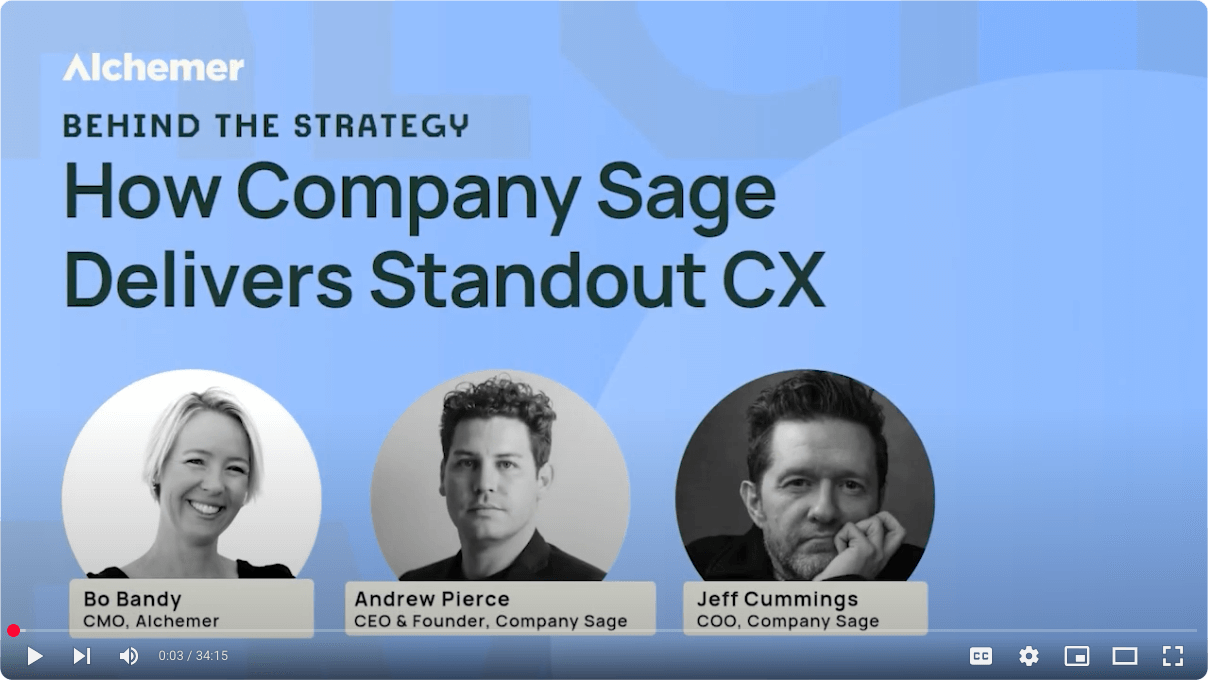“We’re not competitor-obsessed, we’re customer-obsessed. We start with what the customer needs and we work backwards.” – Jeff Bezos, founder of Amazon.
For product managers, the path to success—both on an individual level and for the company as a whole—depends on a deep understanding of their customers. As the driving force behind product development, PMs are tasked with an ongoing challenge: to decode and respond to the evolving needs and preferences of their customer base.
They need to uncover:
- What do customers like or dislike about the product?
- What do customers want to see more of?
- How do my customers use the product in their daily lives?
- What are the trends in customer feedback over time?
- What motivates customers to choose our product over others?
- What improvements will make the biggest difference to customers?
Product managers that can confidently (and consistently) provide the answers to these questions are truly customer obsessed.
In this post, we are diving into the essentials of customer obsession. We’ll explore what it means to be customer-obsessed, why this mindset is crucial for product teams, and reveal what it takes for product teams to put the customer first.
For product teams, what does it mean to be customer-obsessed?
Being customer-obsessed means putting the customer at the center of every decision. This approach promotes a culture that continuously listens, learns, and acts based on customer feedback. It involves anticipating your customers’ needs and consistently exceeding their expectations.
A customer-obsessed product manager aims to not only solve customer problems but also to delight and surprise customers, thereby transforming them into loyal advocates for your brand.
Customer-obsessed PMs DO:
- Constantly Listen to the Voice of the Customer:
- Actively collect feedback through surveys, user testing, and direct interactions.
- Monitor social media and review platforms for insights into customer sentiment.
- Act on Customer Insights:
- Translate feedback into actionable changes and product improvements.
- Prioritize features and fixes based on customer needs and pain points.
- Close the Loop with Customers:
- Inform customers about changes and improvements based on their feedback.
- Engage with customers to let them know that you have heard and valued their input.
Customer-obsessed PMs DON’T:
- Make Assumptions About the Customer:
- Avoid relying on gut feelings or internal biases. Base decisions on actual customer data and feedback.
- Resist the temptation to assume you know what the customer wants without validating through research.
- Prioritize Roadmap Items Based on Internal Opinions:
- Prioritize based on customer needs, not internal politics or preferences.
- Regularly reassess the product roadmap and ensure alignment with evolving customer needs.
- Forget to Strive for Continuous Improvement:
- Maintain a mindset of constant evolution rather than settling for “good enough.”
- Continuously iterate on the product based on ongoing feedback and emerging trends.
The three keys to customer-obsession for Product Managers:
1. Collect deep customer insights
The first step on the road to customer-obsession may seem obvious. You simply talk to your customers! Some brands are great at talking to their customers, others have a little work to do:
51% of customers expect brands to ask them for feedback directly, yet most brands only hear from less than one percent of their customers.
Customer feedback is a gift and the launching pad for customer-obsessed product teams. Surveys (both in-app and over email), ratings and reviews, and two-way messaging channels are all great methods for collecting customer feedback.
The point is, without first talking to customers it is impossible to gather the necessary insights that drive product improvements, innovation, and eventual success. It is critical to meet customers where they are and proactively engage with them through a feedback platform, like Alchemer.
With feedback in-hand, customer-obsessed PMs take the time to analyze the data critically and look for key customer insights that drive products forward.
Thankfully, new advancements in AI-based open-text analytics help PMs turn noisy or disjointed text feedback into deep customer insights, and quickly!
While product teams often take ownership of feedback collection and analysis around the product, everyone in the organization can benefit from a deeper customer understanding. Marketers, research teams, CSMs, and everyone in between benefit from new customer insights. So, PMs need to share any insights they find with stakeholders across their org.
2. Let feedback and insights drive your product roadmap
Many organizations don’t act on the feedback their customers provide and it’s up to product managers to use feedback-derived insights to drive the product forward.
Product teams are well aware that they must do more with fewer resources. However, invaluable insights derived from customer feedback help PMs continue to deliver value to their customers amid budget and resource constraints.
Remember, PMs must be flexible and willing to adjust priorities based on new feedback, and always stay ready to reprioritize existing features or initiatives as needed.
3. Always close your feedback loops

Over time, customers notice when their feedback isn’t heard. This directly impacts retention, loyalty, and their willingness to provide feedback in the future.
Closing the loop is a surefire way to let your customers know that you heard and acted on their feedback. Closing a feedback loop happens in phases.
For example, if a customer submits a bug report or just provides some general product feedback, immediately thank them for taking the time to provide that feedback. Once you fix the issue or implement the suggestion, reach back out to inform the customer that their feedback drove real change.
At Alchemer, interaction response targeting and automation capabilities makes closing the loop easy. With these features you can use every response to a survey as targeting criteria for future interactions.

For example, if customers request a specific feature in a survey, you can target those exact customers letting them know the feature is now available.
What are the benefits of customer-obsession for product teams?
Customer obsession is no longer optional; it is a foundational element of a successful product organization. Products that lack an understanding of customer needs, frustrations, and desires are likely to miss the mark.
Make better, faster product decisions
When customer insights guide product decisions, PMs make more informed choices that lead to better outcomes. This approach accelerates decision-making by focusing on what truly matters to customers.
Prevent and reduce customer churn
A customer-obsessed approach helps identify and address pain points before they lead to greater dissatisfaction. By proactively improving the product based on feedback and then closing the loop after improvements go live to customers, PMs take an active approach to customer satisfaction and retention.
A new era of customer-obsession for product teams
Advancements in artificial intelligence and natural language processing are driving a new era of customer-obsession. AI-driven feedback analysis tools, like Alchemer Pulse, can dissect vast quantities of open text feedback at scale and derive nuanced insights and themes from that feedback. You can now complete what used to take weeks of manual analysis in a matter of hours with greater accuracy than ever before.

In this era of new technologies and higher customer expectations, there is no excuse for PMs to not strive for customer obsession!
If you are ready to turn customer-obsession into business impact, Alchemer is here to help and we’d love to chat, request a demo today!




